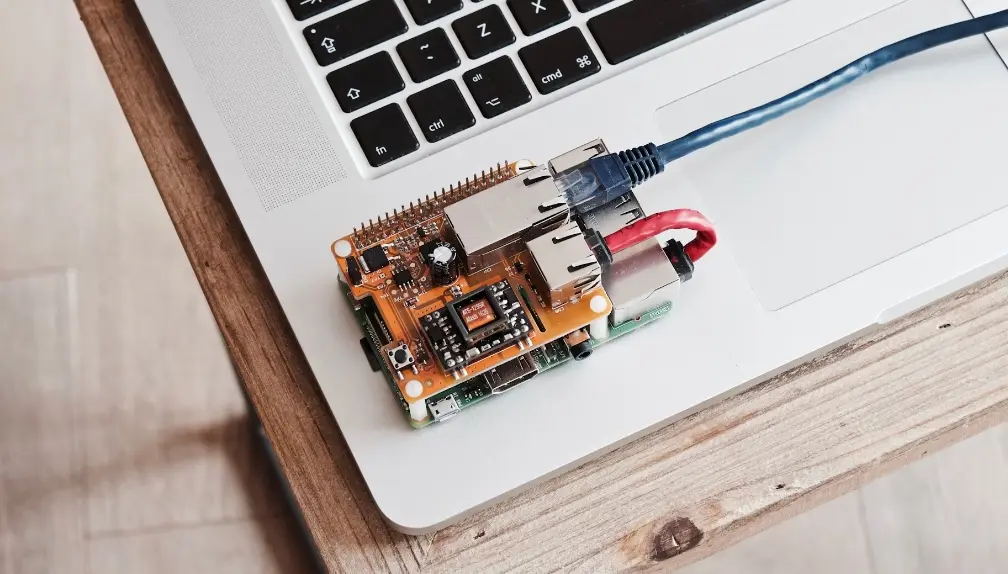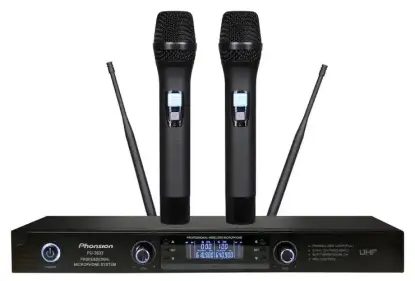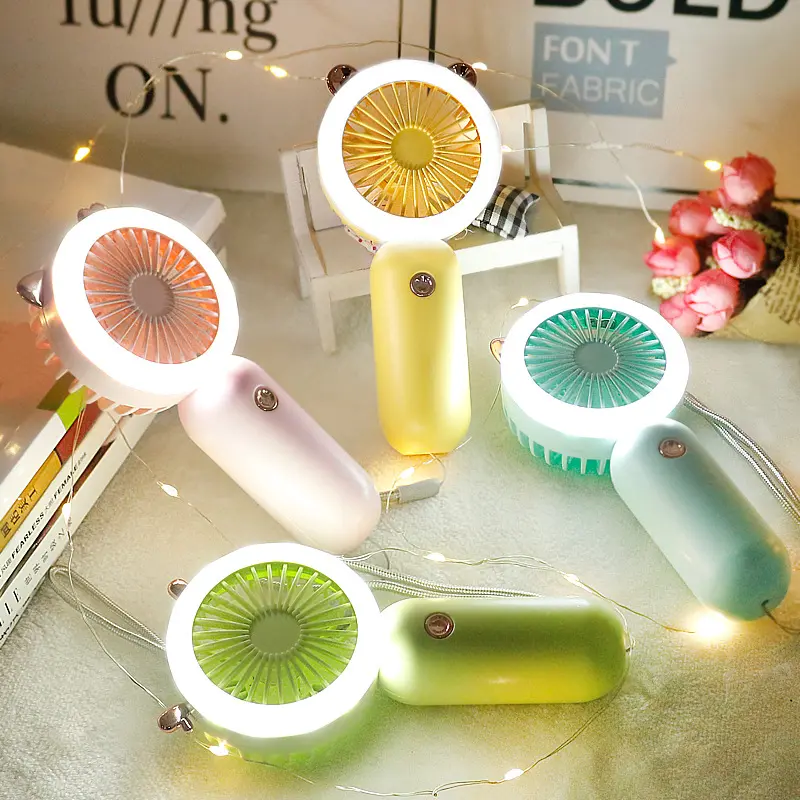
Is UL Certification Required in the USA?
When exporting to the United States, many people have heard of UL certification. However, since UL certification is not mandatory in the U.S. and does not affect customs clearance, many sellers do not look into it deeply.
In reality, it's very difficult to sell certain related products in the U.S. market without UL certification. Previously, Amazon's U.S. platform carried out a large-scale takedown of products such as car chargers, batteries, chargers, USB cables, juicers, and blenders. The reason? Sellers failed to provide the required safety certification (UL certification) within the stipulated time. This caused panic among many sellers, who then scrambled to find out what UL certification is and how to obtain it.

UL certification is a certification mark issued by Underwriters Laboratories Inc., a safety science company in the United States. UL certification represents a comprehensive evaluation of a product’s safety, reliability, and environmental friendliness. It is one of the most widely recognized product safety certifications globally, with high credibility and authority.
Why is UL certification considered highly credible and authoritative?
1. The U.S. market places great emphasis on product safety. Both consumers and purchasers tend to choose products that carry the UL mark.
2. UL has a history of over 100 years, and its image as a symbol of safety is deeply rooted among consumers and government entities. Even if you don’t sell products directly to consumers, intermediaries will often require UL certification in order to ensure the product sells well.
3. More than 40,000 federal, state, county, and municipal jurisdictions across the U.S. recognize the UL certification mark.
Which types of products typically require UL certification?
1. Audio-visual equipment
2. Automotive products
3. Electronic components
4. Household appliances
5. Industrial control equipment
6. IT equipment
7. Lighting products
8. Medical devices
9. Plastics
10. Information and communication equipment
11. Wires and cables
UL conducts audits four times a year. If the product standards remain unchanged and the audits are consistently passed, the certification remains valid.
Product certification is no longer a new topic, and Amazon has become increasingly strict with powered products. Low-voltage (weak current) products typically require ROHS certification, while high-voltage (strong current) products require UL certification.
Sellers of such products should be cautious. Listing uncertified products can affect your seller account and pose safety risks that may lead to dangerous incidents. Sellers already offering these types of products should promptly submit their UL reports or certifications to Amazon.
Email:hello@jjrlab.com
Write your message here and send it to us
 EMC Standards for Medical Devices
EMC Standards for Medical Devices
 What is FCC Class A vs. Class B?
What is FCC Class A vs. Class B?
 UL Standards for Electrical Equipment
UL Standards for Electrical Equipment
 Is UL Certification Required in the USA?
Is UL Certification Required in the USA?
 Wireless Microphone Export Certification
Wireless Microphone Export Certification
 Audio-Visual Products SNI Certification in Indones
Audio-Visual Products SNI Certification in Indones
 FCC-ID: Still Needed if Module is Certified?
FCC-ID: Still Needed if Module is Certified?
 FCC Certification Fees for Handheld Fans
FCC Certification Fees for Handheld Fans
Leave us a message
24-hour online customer service at any time to respond, so that you worry!




